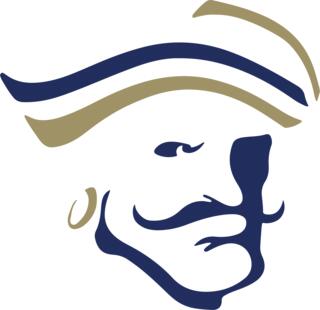Biology
Each student wishing to receive a degree in a science program should consult with a science advisor prior to enrolling in my courses. The Biology program at Independence Community College offers introductory courses in Biology, from General Biology (non-majors) to Biology I, Biology II, Anatomy and Physiology, Anatomy and Physiolgoy II and Microbiology. These courses provide an excellent foundation to students to continue their education in any biological field in a four year college or university or into allied health programs.
Courses at ICC are designed to provide students with individualized attention, ample opportunities for active class discussions, and accurate advisement.
Studying Biology increases an understanding and appreciation of living organisms and their interactions with the environment and each other. It inculcates scientific thinking, reasoning, and problem solving.
A career in Biology can be very exciting and rewarding. Biologists work in fields such as, education, health care, research, environmental management and conservation, molecular biology, genetics, marine biology, biotechnology, pharmaceuticals, forensic science, museums, zoos, aquariums, parks, nature centers, scientific writing, illustrations, and communications. With recent advances in scientific and medical research many more doors and avenues are opening for biologists.
The two year associate degree in Biology at Independence Community College is designed as a transfer program for completion at a four year institution.
For detailed information about careers in Biology, please visit http://www.aibs.org/careers/
Biology Program Outcomes1. Demonstrate an understanding of the major concepts of modern cellular biology, including cellular physiology, information flow, and reproduction.2. Demonstrate an understanding of the structure of the human body, and the functions of its various organ systems.3. Describe the unity and diversity of living species and their relationship with other terrestrial natural processes.4. Describe the characteristics of microorganisms and their impact on human health and well-being.5. Gain proficiency with common Biology-associated lab techniques and tools including molecular biology techniques, microscopy, dissection, and culturing techniques.
Biology
Degree: Associate of Science
| Course Title | Credit Hours |
|---|---|
First Semester: |
|
| English Composition I | 3 |
| Biology I | 5 |
| College Chemistry I | 5 |
| Social/Behavioral Science Elective* | 3 |
| Computer Concepts & Applications or Computer Information Systems |
3 |
| Term Total | 19 |
Second Semester: |
|
| English Composition II | 3 |
| Biology II | 5 |
| College Chemistry II | 5 |
| College Algebra or higher | 3 |
| Term Total | 16 |
Third Semester: |
|
| Public Speaking | 3 |
| Anatomy & Physiology | 5 |
| Biology Program Elective** | 5 |
| Arts/Humanities Elective* | 3 |
| Term Total | 16 |
Fourth Semester: |
|
| Microbiology | 5 |
| Biology Program Electives** | 5 |
| Arts/Humanities Elective* | 3 |
| Social/Behavioral Science Elective* | 3 |
| Term Total | 16 |
Total |
61-63 |
| ***See Program Advisor. | |
This site provides information using PDF, visit this link to download the Adobe Acrobat Reader DC software.

